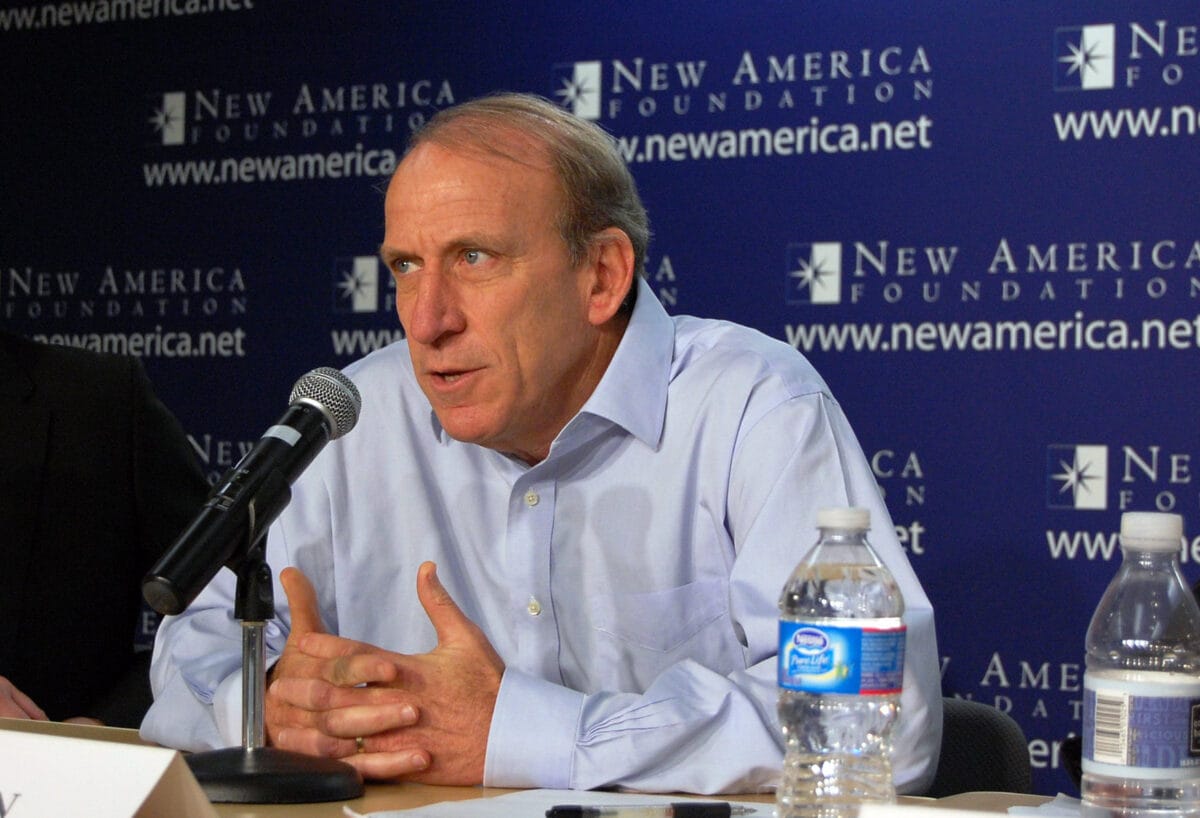National Broadband Plan Has Held Up Well, With Notable Downsides, Say Authors
June 29, 2020 — The National Broadband Plan has been successful, despite notable downsides, said panelists in a Federal Communications Bar Association webinar on Friday. The plan, first released ten years ago, aimed to increase competition, provide lower-cost service to more Americans and decrease r










Member discussion